Meet the Homeowners Speaking at the Carter Work Project
Since Twin Cities Habitat for Humanity was founded in 1985, more than 1,900 families have bought safe, stable, affordable homes with Habitat...
4 min read
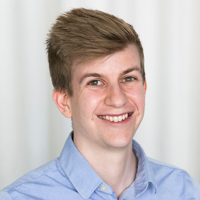 Blake MacKenzie
:
11:18 AM on October 25, 2023
Blake MacKenzie
:
11:18 AM on October 25, 2023
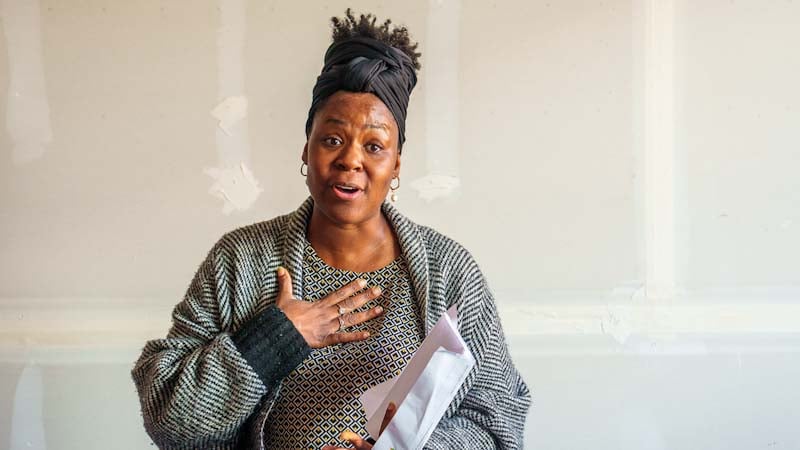
Monisha Washington-Richard served on Twin Cities Habitat for Humanity’s Black Homeownership Advisory Council, which was made up of Habitat homeowners, homebuyers, and other community members who identified as Foundational Black Households. Together with Research in Action, the Advisory Council made recommendations that led to Twin Cities Habitat’s groundbreaking Advancing Black Homeownership Program. Shereese Turner, Chief Program Officer at Habitat, was also involved with the Advisory Council. She and Monisha recently had a conversation at the annual Board of Directors Build. It was a powerful conversation, and we’re sharing it below. Edited for brevity.
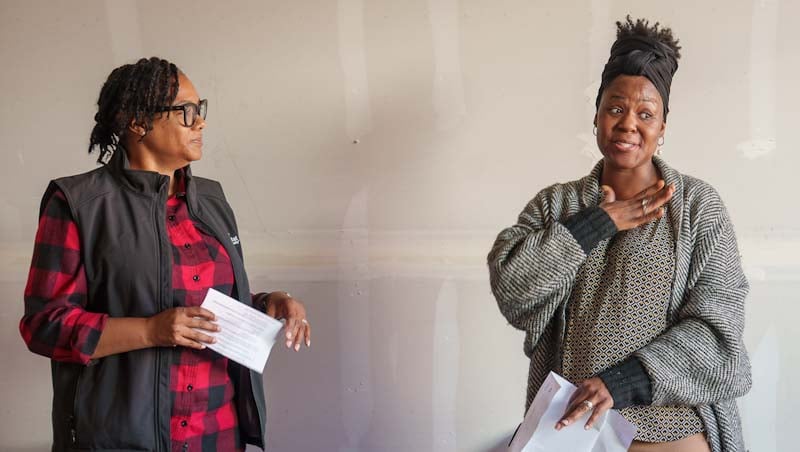 Shereese (left) and Monisha (right) having a conversation at the 2023 Board of Directors Build.
Shereese (left) and Monisha (right) having a conversation at the 2023 Board of Directors Build.
Shereese: I had the distinct pleasure of working with Monisha when she was going through the homebuying process. Monisha, could you start by telling us who you are, your family makeup, and why you chose Habitat?
Monisha: I am Monisha Washington-Richard. I live with my husband, my three children, my brother, and my brother-in-law. So a big family!
I am a community health worker, and so I’m always looking for resources to share in the community—but I like to go through the process first. So that was why I chose Twin Cities Habitat, because this is something that can help me obtain homeownership, and I could see if it would be good for my community as well.
Shereese: Share with us why you wanted to participate on the Black Homeownership Advisory Council?
Monisha: One of the reasons is that when I first came to Habitat for Humanity, it was a little bumpy getting in! There were criteria that created barriers for our community. I didn't get passed down wealth. I didn't get passed down savings. I'm not skating on the back of somebody else's wealth—my mother wasn't a homeowner.
And then in my financial coaching process with Habitat, the coach I had was great. However, he didn't reflect my community. He didn't understand from a cultural standpoint some of the barriers I faced. So I thought that if I'm having these barriers, I need to make sure this process is not only OK for me, but OK for my community so everyone’s able to obtain homeownership.
Shereese: Thank you. Along those same lines, explain to us the recommendations that you made to Habitat through the Advisory Council.
Monisha: Some of the recommendations addressed some of the barriers I faced. Credit score was a huge thing—when you think about it, credit score is not the only way we can see that somebody is credit worthy. I paid rent for ten years and I know that my rent is as expensive as somebody else’s mortgage!
Also, student loans were one of my barriers, and how they factored into debt-to-income ratios. That was something we talked about in the Advisory Council, and I learned that I wasn’t the only one struggling with these things. Many of us had the same struggles. Those were two of my primary barriers I knew that we had to figure out for other people.
Shereese: Thank you so much for sharing that. And I want everyone to know that when we got these recommendations from the Advisory Council, we took them to heart. Everything that you just shared, we built into the Advancing Black Homeownership Program. We added things like rent payments into creditworthiness, because we know families aren’t going to miss a rent payment. We adjusted how we assess student loans in the debt-to-income calculation. We provided additional financial support so that isn't a barrier when you’re going into mortgage readiness, and also to expand the number of homes you could buy.
It was hard listening to how challenging it was for some homebuyers to go through our program. And it’s so important that Monisha was part of the Advisory Council. Because it’s one thing when we think we know what's going on, but it's another thing when we could hear what is going on. So again, thank you!
OK, next question. When you think about the process of buying a home, what excites you about being a homeowner?
Monisha: Multiple things excite me! It's just been a little bit over a year that I purchased my home. And being a homeowner, I don't have to worry about all the inspections, having the landlord come in whenever they want, because it’s not your house, it’s their house. Thinking about all the houses I’ve lived in, it always felt like that was my house—but now this is my home.
I have my own backyard! I have seven siblings, and the fact that I can have them all come over and we can have fun and play together and gather together is incredible. And this is something that I can not only have for myself, but I can leave it for generations to come—to build wealth.
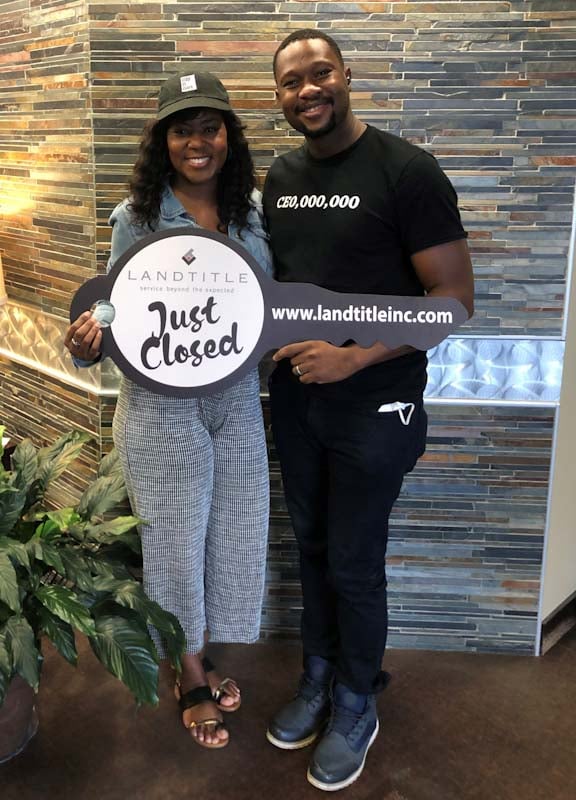 Monisha and her husband at their home closing.
Monisha and her husband at their home closing.
Shereese: What are your dreams for the future? And then explain to us that you didn’t just buy a home—what came with that home?
Monisha: So my dream when I came to Habitat for Humanity was to find something that was multifamily. Something that I can not only have for myself, but I can actually extend the invitation to another family to have affordable rent, because rent is very expensive.
It was kind of hard to find exactly what I wanted, but I ended up getting there because I could buy with Habitat on the open market. I love the fact that the open market is an option now, because it was very important to me that I could buy whatever I wanted, whatever I dreamed up for my family. So I bought a single-family home with an Accessory Dwelling Unit (ADU) that I can extend to my family and help them save on rent.
It wasn't just about me in this journey. It was about me, my family, and what I can provide for everyone else around me as well.
Shereese: Thank you, Monisha. Is there anything else you want to add?
I just wanted to share that being a part of the Advisory Council, and being heard, was so important and valuable. I work with a lot of different organizations that invite the community to the table and guess what? They have their agenda already set. They already know what they’re funding before you even come—they just have to check the box.
One thing that was different about this experience was Habitat didn't just check the box. They didn't just say, oh, we did the Advisory Council, thank you. I’m standing here a year later, being able to share that my experience was great. That I still have a connection with Shereese—and y’all, Shereese was available!
That is why representation, having someone from your community, matters. And that’s what the Advisory Council was. Not only did they hear us, but they implemented it. I can see the changes that are benefitting my community. It wasn’t just checking the box. So that’s why I appreciate you all for doing what you did. I’m very passionate about my community. And my children. And their children. And what homeownership can do for them. So I appreciate it—I really do.
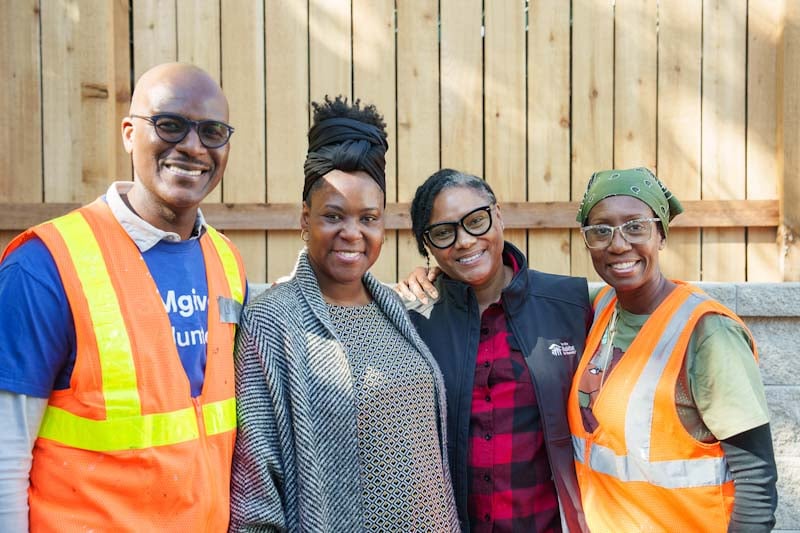
From left to right: Garfield Bowen (Board Emeritus), Monisha Washington-Richard, Shereese Turner, and Marquitta Frost (Board Emeritus).
Your gift unlocks bright futures! Donate now to create, preserve, and promote affordable homeownership in the Twin Cities.
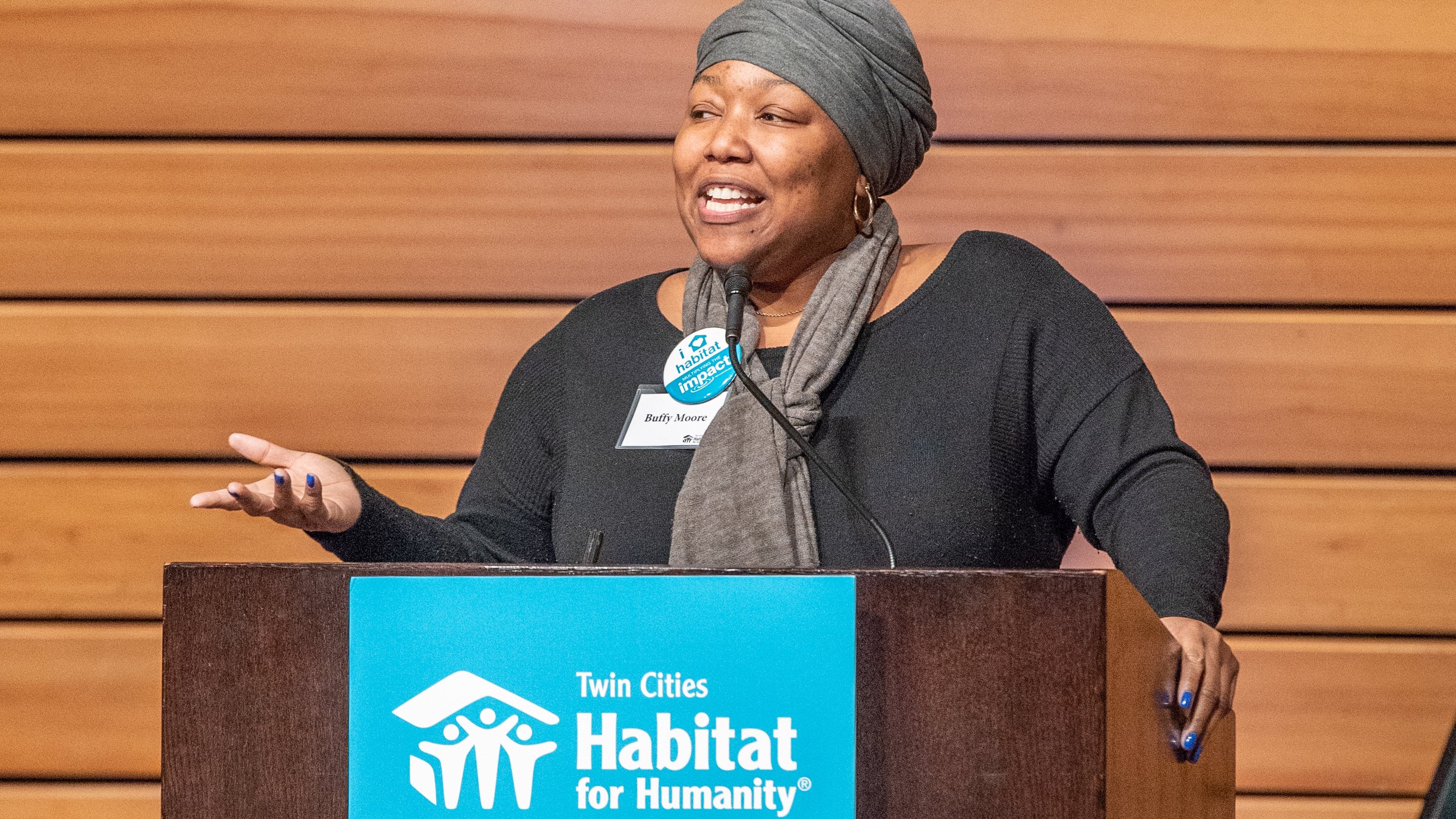
Since Twin Cities Habitat for Humanity was founded in 1985, more than 1,900 families have bought safe, stable, affordable homes with Habitat...
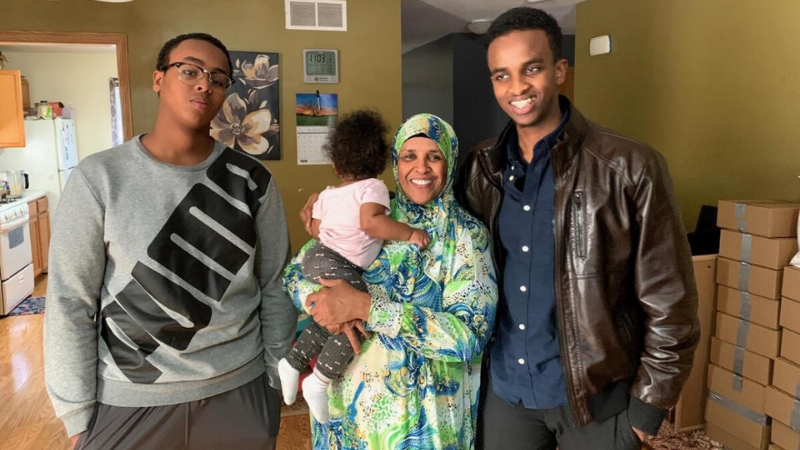
Editor's note: This piece was updated in 2023 to contain the latest resources related to Twin Cities Habitat homeownership.
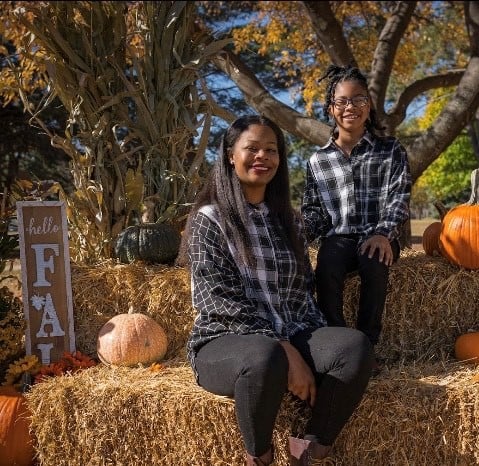
Guest Blog by Teri, Habitat Homeowner Since 2021 Hi there, my name is Teri. I've currently been in my home going on 2 years and I can't thank Habitat...